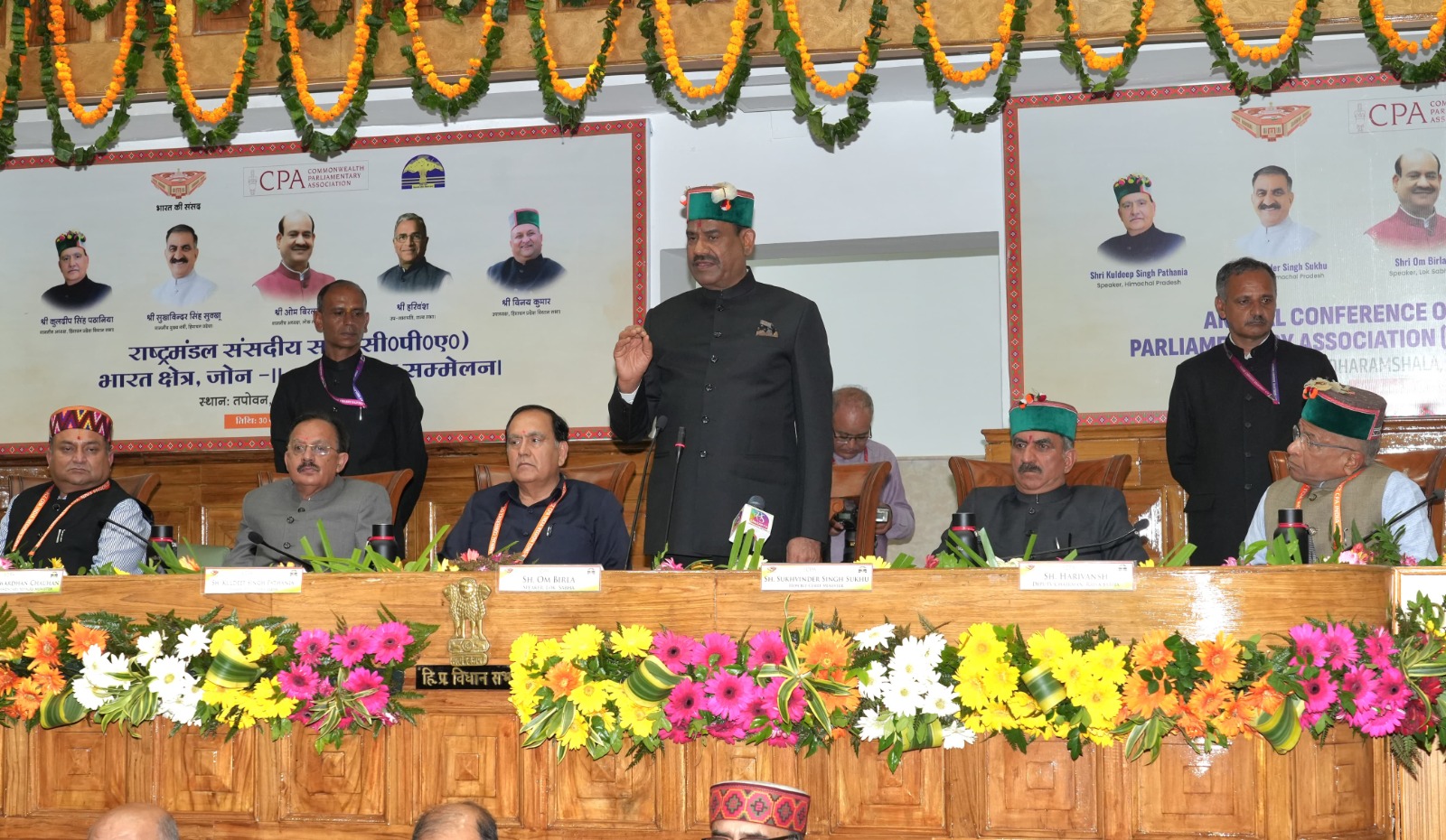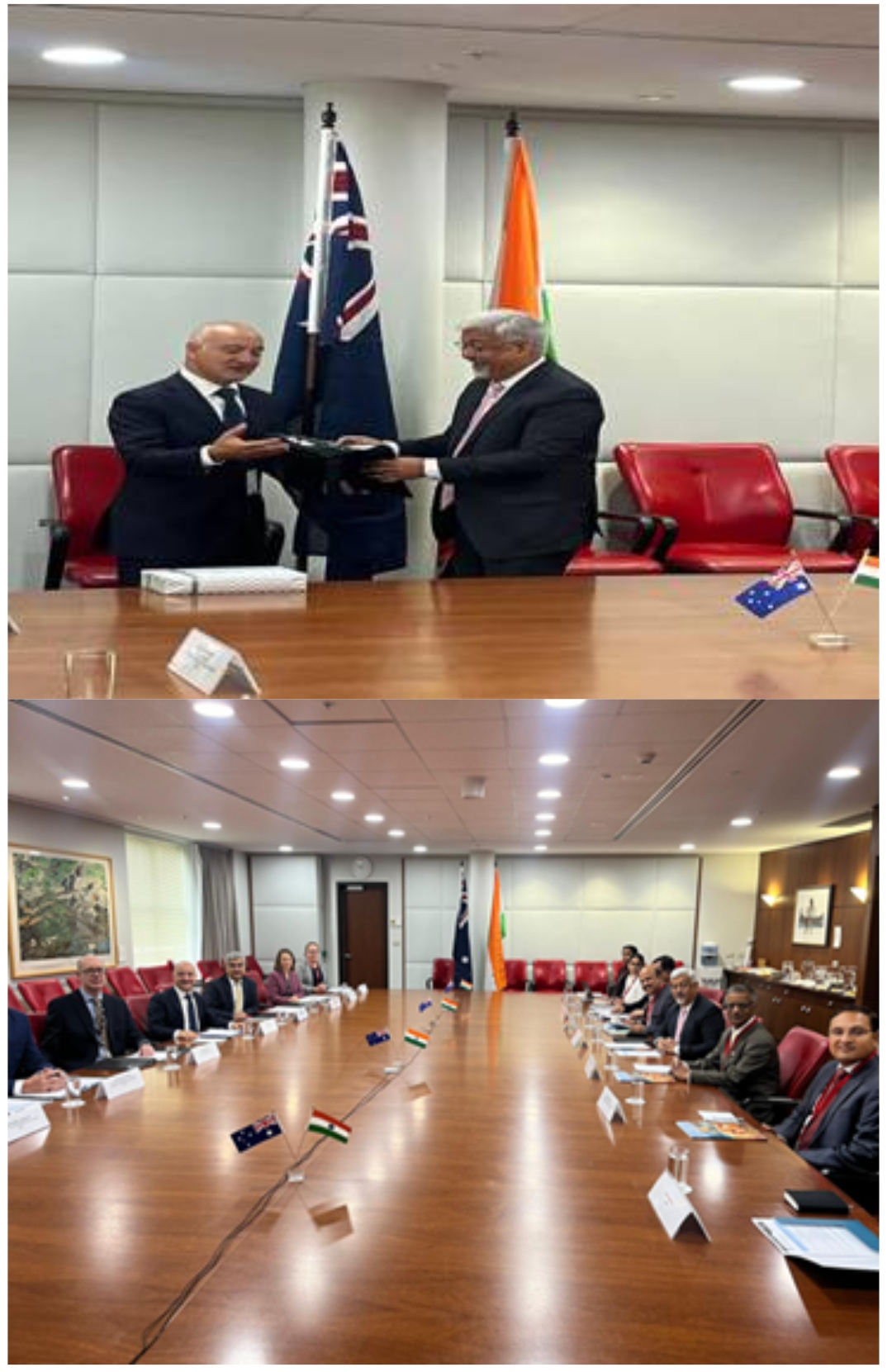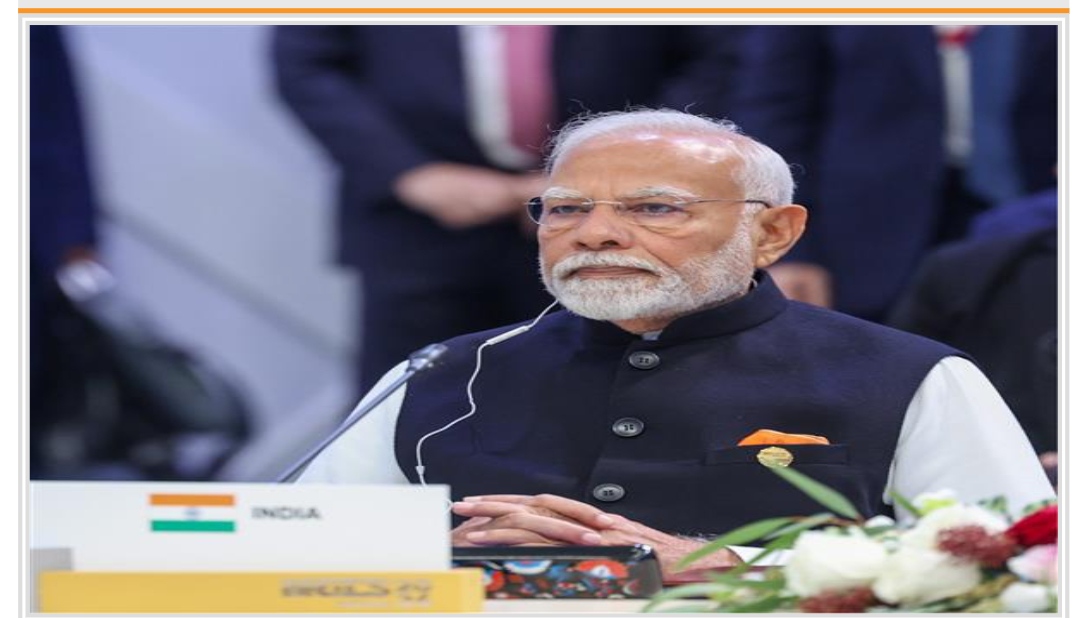Controversial Waqf Amendment Bill Clears Lok Sabha After Intense Debate.
New Delhi:
The Lok Sabha passed the controversial Waqf (Amendment) Bill in the early hours of Thursday following a marathon 14-hour debate. The Bill was adopted with 288 votes in favor and 232 against, supported by BJP’s key allies—the TDP, JDU, and LJP (Ramvilas).
The Bill, which has sparked significant controversy, carries several key amendments, including assurances given by Home Minister Amit Shah that the legislation will not have any retrospective effect. This provision, in particular, was introduced to address concerns raised by the JDU, an important ally of the ruling NDA.
Key Amendments and Concerns
One of the major amendments suggested by the TDP ensures the prospective application of the “Waqf by user” clause, which protects all existing Waqf properties even without a Waqf deed. The TDP also proposed the appointment of a higher-ranking officer to handle Waqf-related disputes, replacing district collectors with designated officers of a higher rank.
The Bill’s passage was seen as a victory for the BJP-led NDA, although some observers noted that the opposition viewed it as a “diluted” version of the original proposal. These amendments were reportedly introduced to make the Bill more palatable to coalition partners, with the BJP’s own MPs numbering 240 in the Lok Sabha.
Government’s Defense of the Bill
During the debate, Home Minister Amit Shah fiercely defended the Bill, accusing the opposition of misleading the Muslim community. He reassured the house that the government had no intention of infringing upon the religious freedom of Muslims or interfering with properties donated by them for charitable purposes.
Shah emphasized the Waqf system’s purpose of ensuring that properties donated for public, religious, or social welfare could not be reclaimed by the donor. He pointed to various instances where Waqf properties had been misused, including land being “grabbed” by Waqf boards in Delhi, Tamil Nadu, and other states.
The Home Minister argued that the amendments would bring much-needed transparency to the management of Waqf properties and prevent such abuses from recurring.
Opposition’s Criticism
Opposition MPs, including Congress’s Gaurav Gogoi and Samajwadi Party’s Akhilesh Yadav, were sharply critical of the Bill, accusing the government of undermining the Constitution and disenfranchising minority communities. Gogoi claimed that the Bill would divide society and hurt the welfare of Muslims, while Yadav suggested that it was an attempt to “usurp Muslim properties” and deflect attention from the government’s other failures.
Congress leader Gogoi questioned the absence of clause-by-clause discussions during the Joint Parliamentary Committee’s scrutiny of the Bill, arguing that no amendments suggested by the opposition had been considered.
Looking Ahead
The amended Bill is expected to pass smoothly in the Rajya Sabha later today, as the BJP-led NDA holds a majority in the upper house as well. Despite heated opposition, the government’s assurances and the amendments made in consultation with its allies are likely to ensure the Bill’s successful passage.



